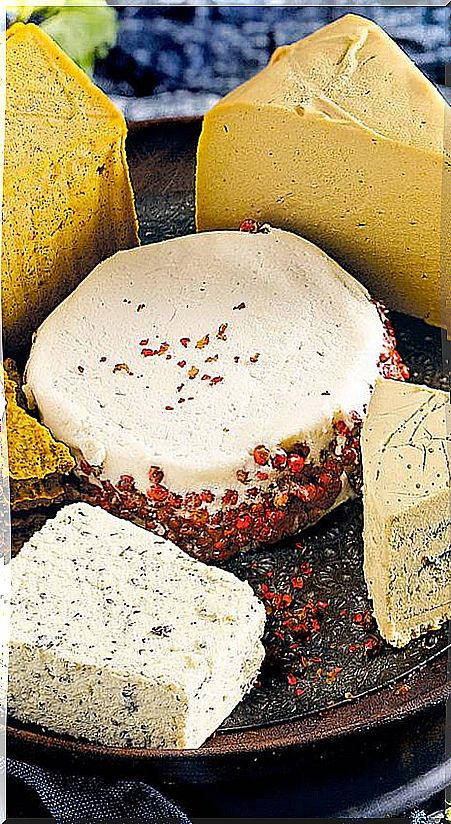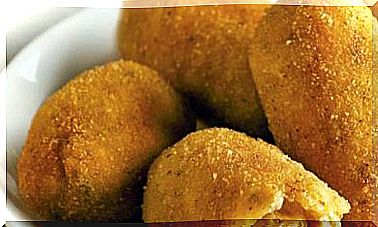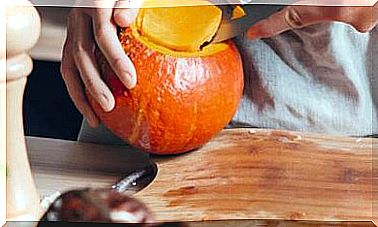7 Delicious Vegan Cheese Recipes

How to make vegan cheeses
If you want to follow a vegan diet, but you like cheese, you have at your disposal numerous hundred percent vegetable alternatives, which will allow you to enjoy this food.
Vegan cheeses are made from different bases. They can be made, for example, with soy derivatives (silky or firm tofu, soy milk or yogurt), vegetable milks (rice or oatmeal) or soaked pastes and yogurts made from nuts or seeds. A separate specialty are raw or raw vegan cheeses, in which refined products are not used and which are not subjected to more than 42 ° C, so as not to denature their ingredients and preserve all their nutritional value.
To give elasticity and a cheese texture without affecting the flavor, starches are used (tapioca or potato, glutinous rice flour, modified starch); gelling agents such as agar-agar; thickeners or stabilizers, and also emulsifiers such as lecithin (from soy or sunflower). The creaminess and firmness are achieved by adding oils such as coconut oil, with its peculiar taste or desaborizado and refined.
Cheese flavored
To provide a mild fermented flavor, natural and healthy acids such as lemon, unpasteurized apple cider vinegar or rejuvelac, a fermented water obtained from sprouts, are added.
You can also use ferments and bacteria as is done with dairy cheeses.
Get more intensity of flavor by adding nutritional yeast, garlic, dried tomato, spirulina seaweed, salt, chili, pepper, aromatic herbs and natural flavorings or aromas.
Health benefits of vegan cheese
- Pure and nourishing energy. In vegan cheeses, especially raw vegan cheeses, all are advantages. Not only are they less processed and more natural than dairy cheeses, but they are very complete. They provide abundant energy in the form of carbohydrates, accompanied by fiber. Also healthy fats and quality proteins.
- Calcium and vitamins. The ingredients used as the base of cheeses make them a great source of calcium and other minerals and trace elements. They are also rich in vitamins such as E, provitamin A, complex B and C.
- They take care of your intestine. They provide probiotic bacteria, which protect the microbiota or intestinal flora. On the other hand, they do not contain addictive opiate peptides that increase intestinal permeability and constipation, nor substances that are difficult or impossible to digest (such as lactose or casein) that end up in the blood and produce mucus, respiratory problems and autoimmune disorders, among others. .
- Options for everyone. For people with intestinal problems, intolerances or allergies there are versions free of gluten, soy and nuts that can be made with seeds such as sunflower or with starches and oils.
- Free of toxins. It is avoided to consume residues of hormones, viruses, bacteria, pus and toxins contained in dairy products and generated by antibiotics, pesticides and disinfectants assimilated by cattle in the industrial production process.









